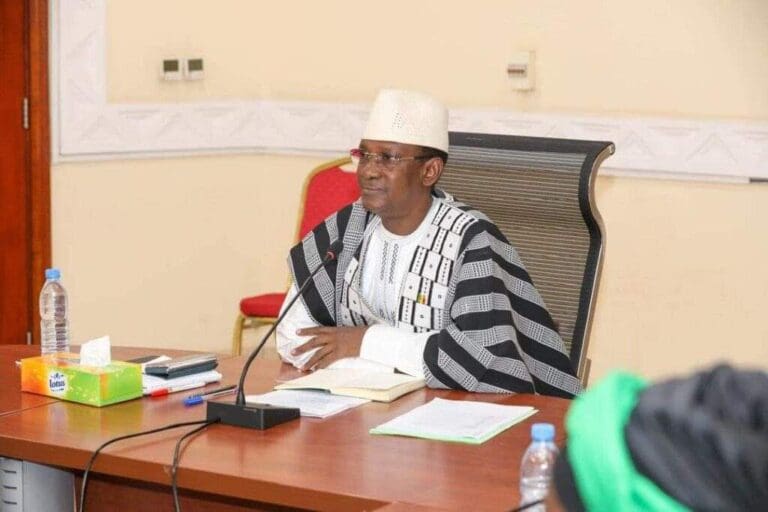It has been revealed that more than 264,000 people have been affected by floods, landslides and other climate
change-related disasters in Mali.
The Interministerial Committee for Crisis and Disaster Management met earlier this week under the chairmanship of Malian Prime Minister Choguel Kokalla Maiga to take stock of the alarming situation of natural disasters that are currently hitting the country hard. During this meeting, it was revealed that more than 264,000 people have been affected by floods, landslides and other extreme weather events across the country.
The Minister of Security and Civil Protection, Brigadier General Daoud Aly Mohammedine presented a comprehensive assessment covering the period from 1 to 7 October 2024, reporting seven floods in the regions of Mopti, Koulikoro and the District of Bamako as well as seven landslides in the capital. He also confirmed the tragic loss of a human life in Mopti.
The overall report on the rainy season indicates impressive figures. 656 cases of flooding, 8 lightning strikes, 6 episodes of strong winds and 37,099 collapses occurred throughout Mali. These disasters affected 47,955 households, representing a total of 264,648 people affected, including 73,140 women and 117,626 children, with a human toll of 77 deaths and 148 injuries.
The Minister of National Education, Amadou Sy Savane also painted a worrying picture of the impact on educational infrastructure. To date, 128 schools are being used as temporary shelters for disaster victims, 167 establishments have been flooded and 256 have partially or completely collapsed. These data concern Mali’s 26 teaching academies and show the scale of the challenges facing the education sector as the start of the school year approaches.
Despite these obstacles, the Ministry of Education is actively working to put in place temporary solutions, including the rapid rehabilitation of infrastructure and the creation of temporary spaces, to ensure the resumption of classes on schedule. In this regard, it should be noted that initially scheduled for October 1, the start of the school year has been postponed to November 4 in the hope that the situation will improve by then.
Towards a coordinated and decentralised response
Prime Minister Choguel Kokalla Maiga closed the meeting by emphasising the need for increased coordination between ministries and services to anticipate risks and protect populations. He ordered that follow-up meetings now take place every week and called for the creation of local committees for more effective management of emergency interventions.
“It is essential that we establish a synergy of action within all our institutions to anticipate crises and ensure the safety of our citizens,” he said, stressing the government’s commitment to adopting a proactive approach to natural disasters in a spirit of national solidarity.
MD/ac/Sf/fss/as/APA


